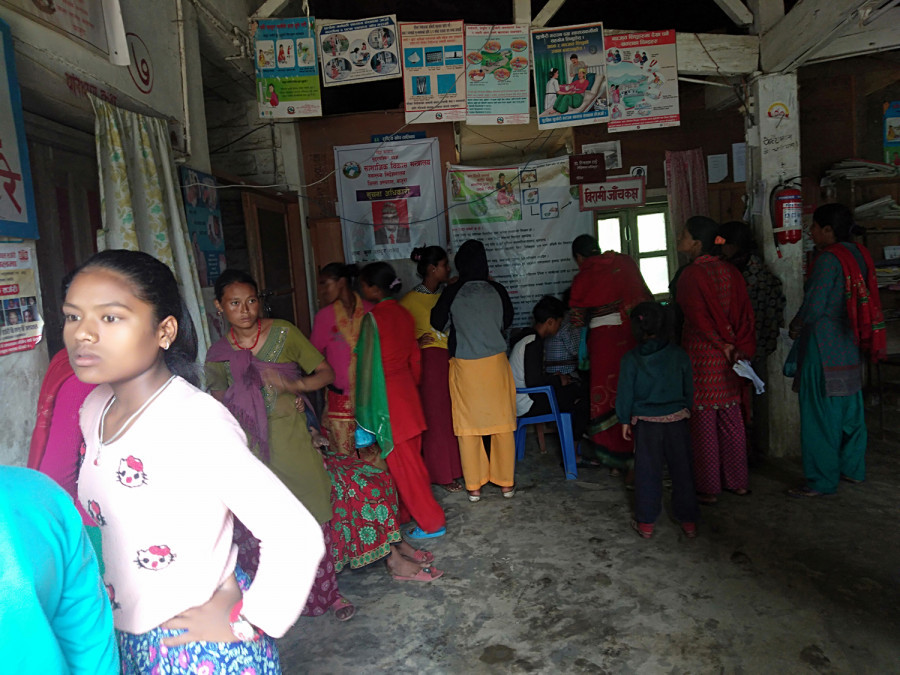Editorial
The people of Bajura deserve better access to healthcare
The recent turmoil brought on by flu should ring alarm bells; the most remote parts of the country deserve better.
In one recent instance, while the rest of Nepal has been worrying about the effectiveness of Visit Nepal or the possibility of a coronavirus outbreak, residents of Bajura have been suffering from flu-like symptoms. However, due to the lack of the necessary infrastructure and facilities, health workers have only been able to reach the flu-hit areas a week after the initial outbreak. The development is an embarrassing example of how successive governments have promised large and delivered low, while Nepal’s poor continue to suffer and die due to the lack of access.
Bajura is impoverished. For years, the district has been struggling with a lack of resources and education. Cases of social ills, such as Chhaupadi and child marriage, are rampant and the people suffer the brunt of natural calamities without recourse. Much like other remote areas of the country, Bajura also suffers from chronic food crises in times of drought. Places in the district, like Himali Rural Municipality, are hours away from the nearest airport and a many days walk away from Martadi, the district headquarters. It is in Himali, and nearby Swami Kartik Rural Municipality, where the flu-outbreak has disrupted the lives of the people severely. Two have already died in Swami Kartik.
The people in Bajura live hard lives, which even the simplest of diseases can upend. Rudra Pandey, a 71-year-old from Himali, was the only one in her family of six who could walk to the organised health camp—everyone else in her family was down with high fevers due to the flu outbreak. Yet, all the health workers could do was provide Pandey with some Acetaminophen (a common analgesic widely known as paracetamol) for her and her family.
The health workers have been so far unable to treat anyone that cannot make the trip to the camps. Moreover, though samples from patients have been taken, they are most likely to be left unanalysed. The lack of refrigeration and the distance from any centre makes the samples worthless by the time they reach a well-equipped laboratory. But this creates more problems. Without identifying the flu-strain, health workers are unable to treat patients effectively, much less prevent the virus from spreading and affecting more people. At this point, no one knows whether the strain in Bajura is a harmless one (that has turned deadly due to the circumstances) or a highly dangerous one like dengue or swine flu or the novel coronavirus.
The people of Bajura deserve more. But while the federal and provincial governments must provide short term support to the district to alleviate the dangers of the flu, what should be brought back to focus is why communicable disease outbreaks severely debilitate many rural areas. The governments of all tiers must coordinate better to improve healthcare and public health as a whole. Cold storage chains, to safely transfer test specimens on one hand and vaccines and medications on the other, must be implemented. Moreover, in places where fulltime doctors cannot be afforded, certified health workers with access to telemedicine is a must. A federal health set-up can work to reach the ones most cut-off, but only if the stakeholders put in the effort to implement complementing systems.
***
What do you think?
Dear reader, we’d like to hear from you. We regularly publish letters to the editor on contemporary issues or direct responses to something the Post has recently published. Please send your letters to [email protected] with "Letter to the Editor" in the subject line. Please include your name, location, and a contact address so one of our editors can reach out to you.




 21.12°C Kathmandu
21.12°C Kathmandu














